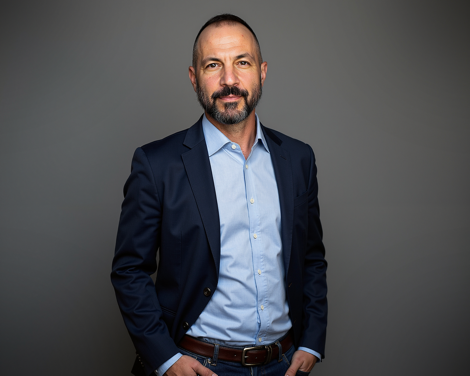ADD THESE DATES TO YOUR E-DIARY OR GOOGLE CALENDAR
This site is part of the Siconnects Division of Sciinov Group
This site is operated by a business or businesses owned by Sciinov Group and all copyright resides with them.
ADD THESE DATES TO YOUR E-DIARY OR GOOGLE CALENDAR

mcGill University
Title:Precision Bioinformatics in Action: Driving Discoveries from Space Science to Human Health
Microbial ecosystems are among the most resilient and adaptable on Earth, but what happens when they face extreme conditions like microgravity or chronic illness? Using advanced high-resolution bioinformatics, this work uncovers how microbial communities adapt and respond to some of the most challenging environments: space and the human body.In space exploration, the analysis of micro biota from the Mars500 mission, a 520-day confinement experiment, revealed significant microbial shifts that could inform the design of future long-term missions. Studies of microbial communities on the surfaces of the International Space Station showed unexpected diversity, offering critical insights into microbial survival in microgravity and its potential risks for astronaut health.In human health, these methods have illuminated how the gut micro biome impacts chronic pain conditions, where changes in bile acid metabolizing taxa may influence symptom severity, and colorectal cancer, where specific species play a role in healing post-surgery.This presentation will explore how high-resolution micro biome analysis is not only advancing our understanding of microbial ecosystems in extreme conditions but also paving the way for innovations in medicine and space biology, bridging the gap between cutting-edge research and real-world application.
Emmanuel Gonzalez, PhD, is a bioinformatician and researcher at the Canadian Centre for Computational Genomics at McGill University, specializing in bioinformatics methods applied to multiomics. Following the publication of one of his high-resolution bioinformatics pipelines, he was invited to join NASA’s GeneLab International Groups, leading to a fruitful collaboration. His contributions include studies on microbial life aboard the ISS, the effects of long-term isolation during the Mars 500 mission, and research on host-microbe interactions in spaceflight. His work was recently featured in Nature Portfolio as part of the SOMA (Space Omics and Medical Atlas) initiative, which represents the largest-ever collection of aerospace medicine and space biology data.
In addition to his work in space science, Emmanuel’s expertise extends to human health research, where his contributions have advanced the understanding and treatment of conditions such as chronic pain, fibromyalgia, and colorectal cancer. His bioinformatics tools have driven significant progress in clinical trials and the identification of microbial markers, positioning him as a key player in both space and health-related bioinformatics.